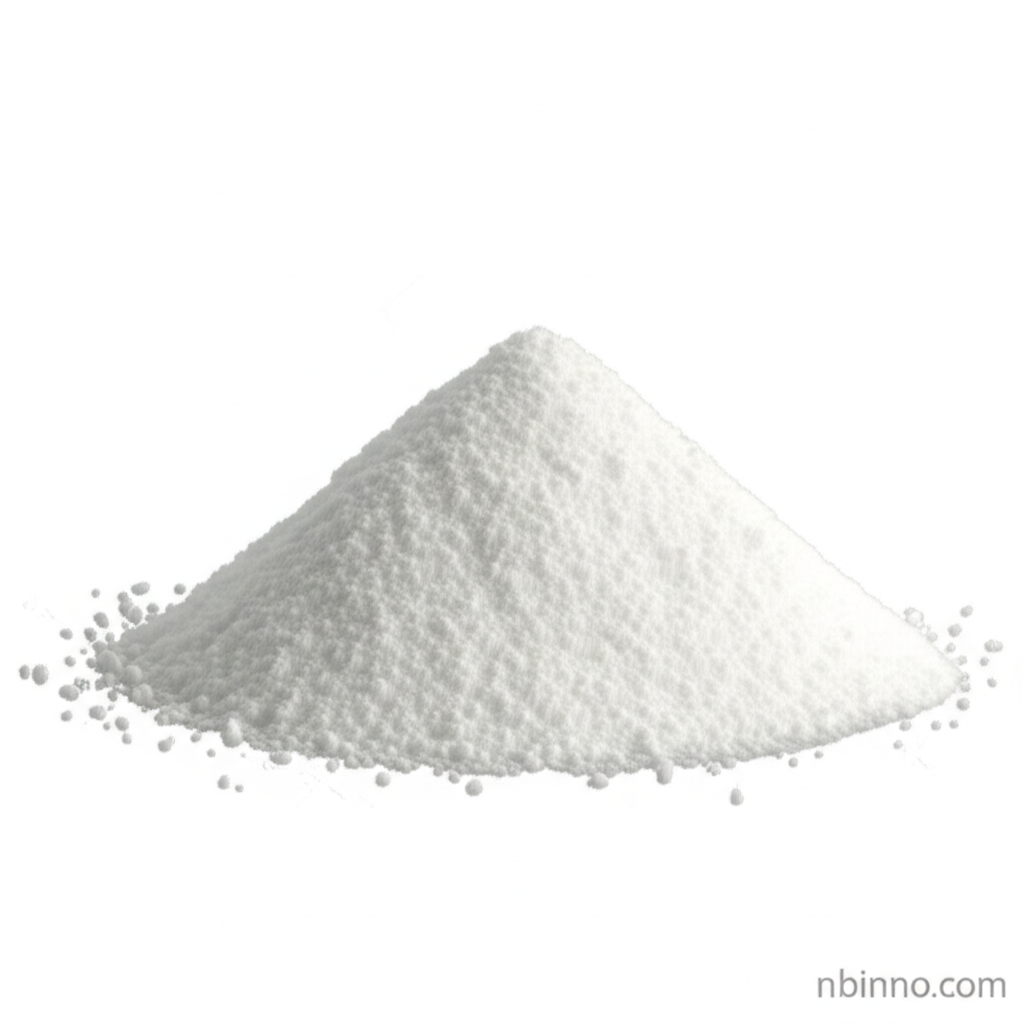Trimethylhydroquinone: The Essential Building Block for Vitamin E
Discover the critical role of Trimethylhydroquinone in synthesizing Vitamin E, a vital compound for health and industry.
Get a Quote & SampleProduct Core Value

Trimethylhydroquinone
Trimethylhydroquinone, identified by CAS No. 700-13-0, is a crucial organic intermediate. Its molecular formula is C9H12O2, with a molecular weight of 152.9. This compound serves as the primary ring structure in the synthesis of Vitamin E, making it indispensable for producing this essential nutrient. Vitamin E is widely recognized for its antioxidant properties and its use as a stabilizer in various industrial applications, including polyolefins. Beyond its industrial uses, Vitamin E is a key additive in medicines, feeds, and cosmetics, highlighting the significant value of Trimethylhydroquinone in its production chain. Understanding the key intermediates for Vitamin E synthesis is vital for sectors relying on its beneficial properties.
- Essential for Vitamin E Production: Trimethylhydroquinone is the main ring component required for synthesizing Vitamin E, a vital antioxidant.
- Broad Applications: Beyond its role in Vitamin E, it contributes to the development of industrial antioxidants and stabilizers used in polyolefins.
- Chemical Specifications: Typically supplied with an assay of u226598.50% and a melting point range of 168.0-172.0 u2103, ensuring high purity for sensitive applications.
- Storage and Handling: Stored in cool, dry, and ventilated warehouses away from fire hazards, it maintains its quality and efficacy.
Benefits and Advantages
Purity and Quality
With an assay typically u226598.50%, Trimethylhydroquinone guarantees high purity, essential for the synthesis of Vitamin E and other fine chemical applications.
Versatile Intermediate
Its fundamental role in Vitamin E production extends to applications in industrial antioxidants, showcasing its versatility in chemical synthesis.
Stable Compound
Characterized by a melting point of 168.0-172.0 u2103, it offers good stability, crucial for storage and processing in chemical manufacturing.
Key Applications
Vitamin E Synthesis
Serves as a fundamental building block for Vitamin E, a crucial nutrient for human health and a powerful antioxidant.
Organic Intermediates
Plays a vital role in various organic synthesis pathways, enabling the creation of complex chemical compounds.
Industrial Antioxidants
Contributes to the formulation of industrial antioxidants, protecting materials from oxidative degradation.
Pharmaceutical Industry
Essential for the production of pharmaceutical intermediates and active pharmaceutical ingredients (APIs) for vitamin E related products.
